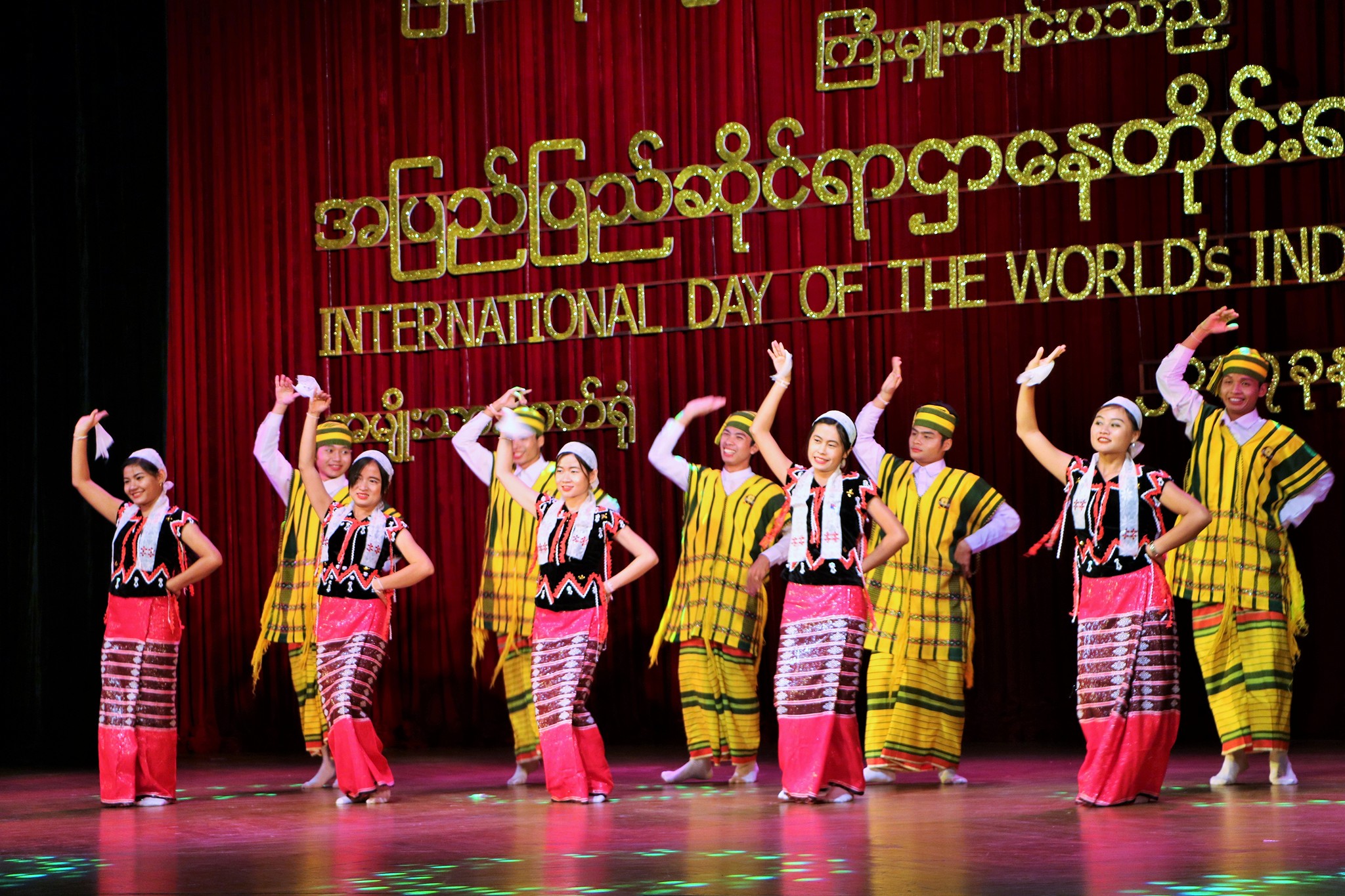Guest contributor
Patrick Keeney
The liberal order, which emerged from the Enlightenment and the struggles for democracy and human rights, is based on a set of institutional norms and practices that uphold individual rights, the rule of law, freedom of expression and association, equal opportunity, and a free-market economy.
The adoption of these norms and practices, which were initially embraced by the West but have now spread across the world, has led to the unprecedented growth of societies in terms of their prosperity, innovation, and freedom.
Notable examples include the democracies of Japan, South Korea, Taiwan, and India. These liberal norms also form the aspirational ideals for a free and democratic Burma.
Yet the ideals and values on which this liberal order rests are now under siege by a toxic political philosophy, one that rejects the primacy of individual rights and instead emphasizes collective identities based on ethnicity, race, or sex.
This philosophy, which Mark Lilla, professor of humanities at Columbia University in New York, calls “identity liberalism,” brings devastating social consequences in its wake.
Identity liberalism, as Lilla explains in his book The Once and Future Liberal, is a political orientation that prioritizes the recognition and representation of specific identity groups over the common interests and obligations of citizenship.
It is a radical, transformative departure from the classical liberal ideal of a society where individuals are judged by their character and merit, not by their skin colour, ethnic affiliation or other immutable traits.
It is also a rejection of the vision of Martin Luther King Jr., who dreamed of a colour-blind society where people of all races and backgrounds could live together in harmony.
Instead of fostering a sense of unity and solidarity among citizens, identity liberalism creates a culture of fragmentation and resentment. In Burma, a country with 135 recognized indigenous groups, identity liberalism is a political toxin.
The West’s experience, which has been in the clutches of this contagion, provides some clues as to what happens to society when it adopts the poisonous values of identitarianism.
Identity liberalism has now evolved into a pervasive ideology that goes by the acronym of DIE: Diversity, Inclusivity, and Equity.
DIE advocates for policies and practices that categorize and rank citizens according to their race, ethnicity, gender, or sexuality and allocate resources and opportunities based on these criteria.
Such a development corrupts society’s critical institutions. In some Western universities, for example, faculty positions are now restricted by race.
This development undermines the core academic mission of a university, transforming it into an institution that serves political ends rather than educational ones.
Such transformative movements as DIE always result in a close policing of language. DIE seeks to silence and censor voices that challenge or question its assumptions and prescriptions.
Like all ideologies, it imposes a rigid, sterile, and dogmatic worldview that leaves no room for nuance, complexity, or dialogue. Rather than allowing citizens to engage in a robust debate and a free exchange of ideas, controversial or critical viewpoints are cast out of the public conversation.
Mark Mercer, professor of philosophy at Saint Mary’s University in Canada, describes the situation on his campus: “There’s a lot of fear here. Many of us are leery of speaking freely, candidly, or openly. Students and professors engage in self-censorship, coerced into conformity by rules and expectations, and no one dares speak controversial ideas.”
Focusing on immutable identity categories reinforces divisions and erodes mutual understanding, threatening the norms of the liberal order that values individual rights and freedoms.
This mindset destabilizes the values and institutions that have made democratic societies successful and resilient. It erodes the social fabric and the civic culture that binds citizens together.
It creates a society that is fragmented, polarized, and hostile. Such a transformative ideology is toxic for Burma, exacerbating tensions by dividing citizens into competing factions based on their tribal and ethnic identities.
Lilla offers a way out of this impasse: a return to the concept of citizenship, which emphasizes the common good and the shared responsibilities of all citizens, regardless of their ethnic identities.
He argues that focusing on what unites us rather than what divides us can restore a sense of civic virtue and a vision of the public interest.
He calls for reviving the civic education and engagement necessary for a functioning democracy and preventing the fragmentation of society into isolated and antagonistic identity groups.
Establishing a unifying sense of citizenship is critical if Burma is to establish a liberal order where fellow citizens are perceived as individuals rather than mere representatives of a particular race, ethnic group or sexual orientation.
This difficult task requires empathy, imagination, humility, and a commitment to the common good — essential civic virtues for establishing a liberal democracy worthy of the name.
It is essential that Burma adopts — in mind, spirit and practice – that respect for the rights of the individual that is the essence of the liberal order.
Patrick Keeney is a writer, editor and an academic affiliated with Chiang Mai University’s Faculty of Education. His interests lie at the intersection of politics, philosophy, history of ideas and education, notably higher education.
DVB publishes a diversity of opinions that does not reflect DVB editorial policy. We’d like to hear what you think about this or any of our stories: [email protected]



